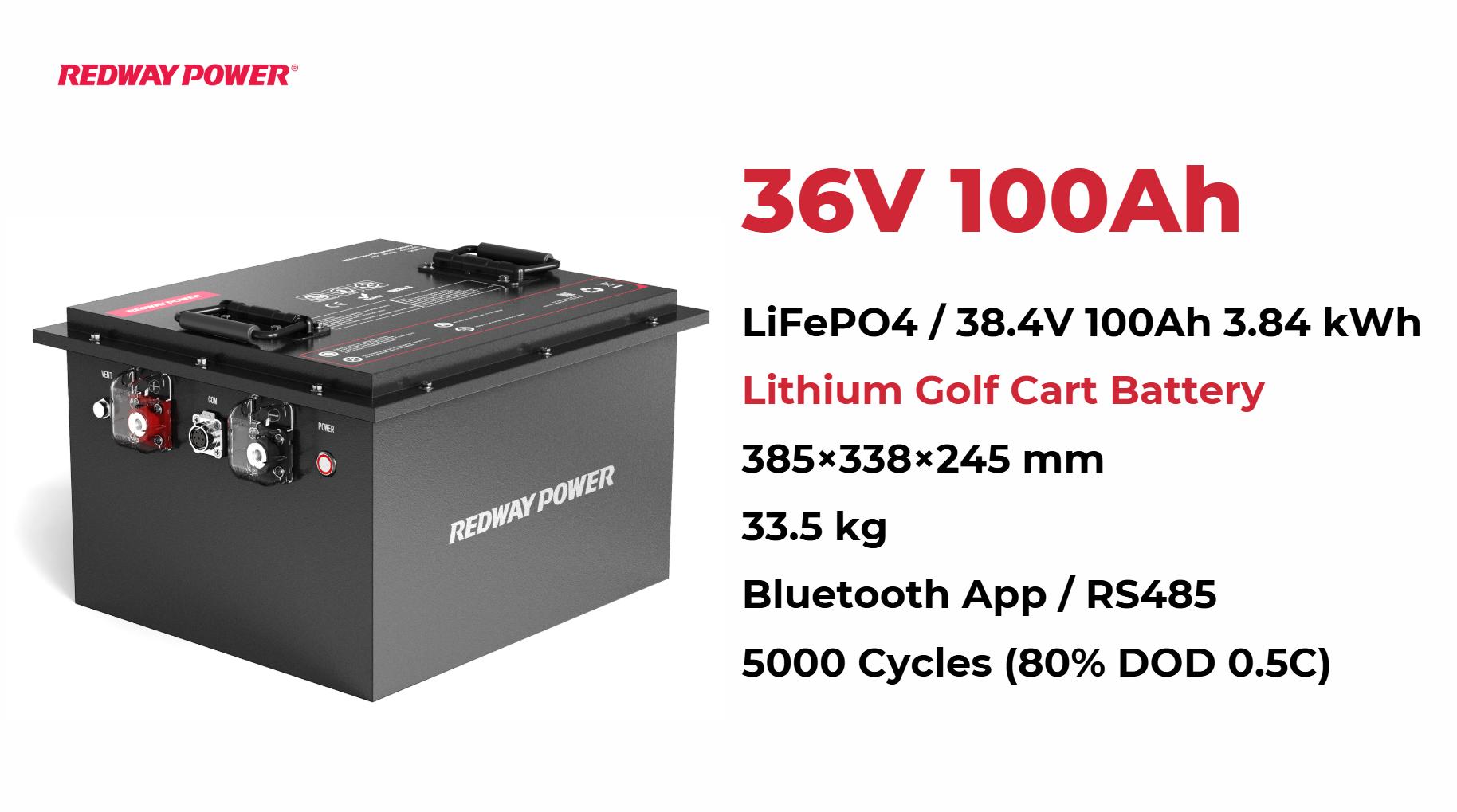Yes, LiFePO4 (Lithium Iron Phosphate) batteries are classified as deep cycle batteries. They are specifically designed to be discharged and recharged repeatedly, making them ideal for applications that require sustained power over extended periods. LiFePO4 batteries can typically be discharged up to 80% of their capacity without significantly affecting their lifespan, which is a key characteristic of deep cycle batteries.
Characteristics of LiFePO4 Batteries
1. Long Cycle Life
LiFePO4 batteries are known for their impressive cycle life, often lasting 3,000 to 5,000 cycles. This longevity makes them a cost-effective option for applications where the battery is frequently cycled, such as in renewable energy systems and electric vehicles.
2. High Discharge Rates
These batteries can deliver high discharge rates, making them suitable for applications that require quick bursts of power. This capability is particularly beneficial in scenarios like starting motors or powering tools.
3. Thermal Stability and Safety
LiFePO4 batteries have excellent thermal stability compared to other lithium-ion chemistries. They are less prone to thermal runaway, which enhances safety during operation. This characteristic makes them a preferred choice for applications where safety is paramount.
Applications of LiFePO4 Deep Cycle Batteries
1. Renewable Energy Storage
LiFePO4 batteries are widely used in solar energy systems for storing energy generated during peak sunlight hours. Their ability to handle deep discharges makes them ideal for off-grid applications.
2. Electric Vehicles
These batteries are increasingly used in electric vehicles due to their long cycle life and safety features. They provide reliable performance and can withstand the demands of frequent charging and discharging.
3. Marine and RV Applications
LiFePO4 batteries are popular in marine and recreational vehicle (RV) setups because they are lightweight, durable, and capable of providing consistent power over long periods.

36v 100ah lithium golf cart battery factory oem
Advantages Over Other Battery Types
1. Comparison with Lead-Acid Batteries
Compared to traditional lead-acid batteries, LiFePO4 batteries offer:
- Longer Cycle Life: Up to 10 times longer than lead-acid batteries.
- Higher Efficiency: Faster charging times and less energy loss during discharge.
- Weight Savings: LiFePO4 batteries are significantly lighter than lead-acid counterparts.
2. Comparison with Other Lithium-Ion Batteries
While other lithium-ion chemistries may offer higher energy densities, LiFePO4 excels in safety and cycle life:
- Lower Risk of Thermal Runaway: Safer under high temperatures or physical stress.
- Stable Performance: Maintains performance over a wider range of temperatures.
Latest News
Recent advancements in battery technology highlight several important trends:
- Enhanced Safety Features: New designs focus on improving safety mechanisms within lithium batteries.
- Higher Energy Density Batteries: Innovations are leading to batteries with greater energy storage capabilities while maintaining safety.
- Sustainability Initiatives: The industry is increasingly focused on recycling lithium batteries and reducing environmental impact through sustainable practices.
Redway Expert Comment
“LiFePO4 batteries are a top choice for deep cycle applications due to their long lifespan, safety features, and efficiency. At Redway Battery, we emphasize the importance of selecting the right battery chemistry for your specific needs, ensuring optimal performance and reliability in various applications.”
Conclusion
In summary, LiFePO4 batteries are indeed deep cycle batteries that offer numerous advantages over traditional battery types. Their long cycle life, high discharge rates, and enhanced safety make them suitable for a wide range of applications, from renewable energy storage to electric vehicles.


